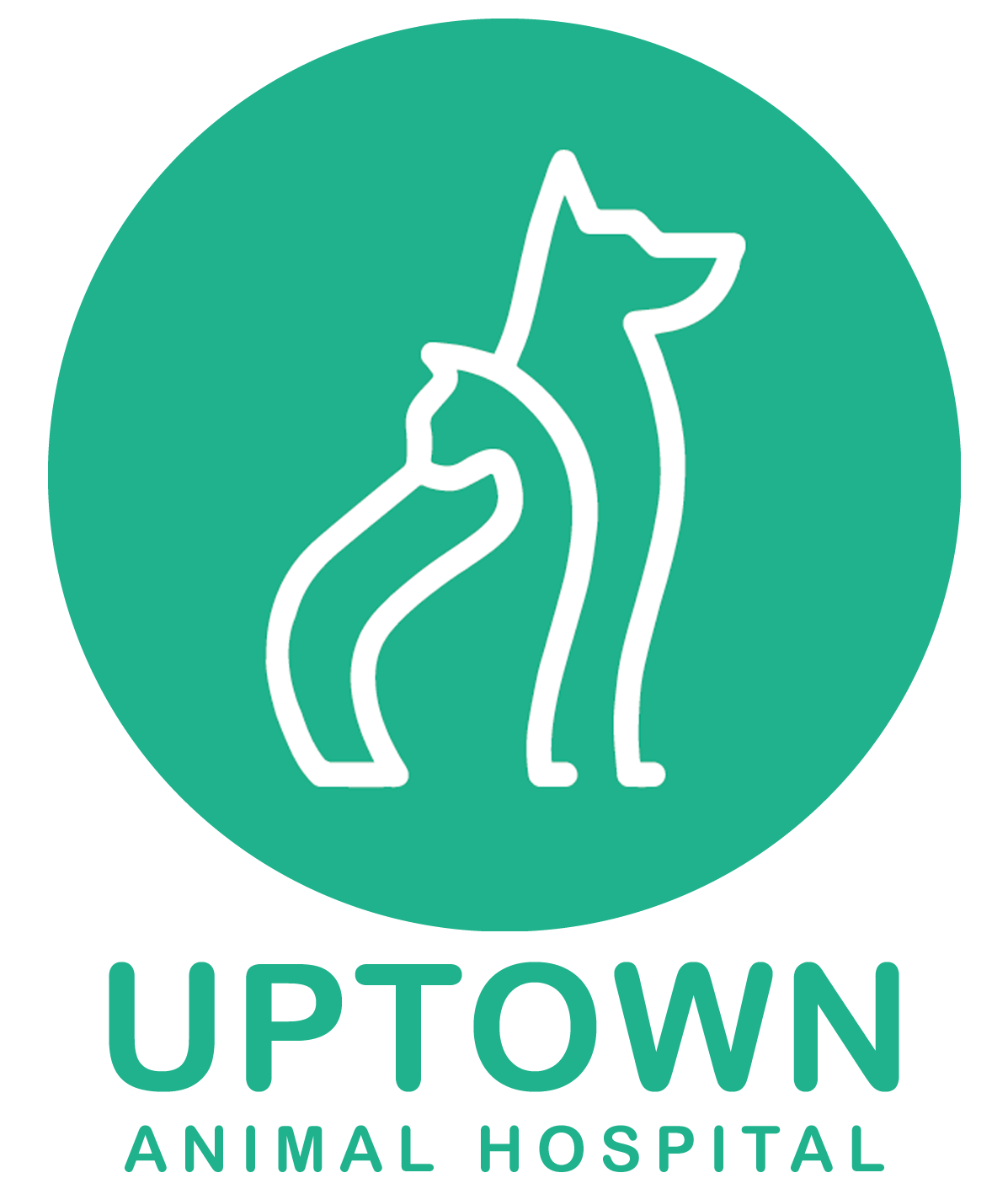Library
Sorry, no articles found.

#51 – 2801 10th Ave NE
Salmon Arm, BC V1E 2S3
Email: info@uptownanimalhospital.ca
Phone: 250-833-5364
TEXT number : (844) 989-3160
Fax: 250-833-5492
| Monday | 8:30am – 5:00pm |
| Tuesday | 8:30am – 5:00pm |
| Wednesday | 8:30am – 5:00pm |
| Thursday | 8:30am – 5:00pm |
| Friday | 8:30am – 5:00pm |
| Saturday | 8:30am – 5:00pm |
| Sunday | Closed |
© 2025 Uptown Animal Hospital.
Powered by LifeLearn Veterinary Websites
